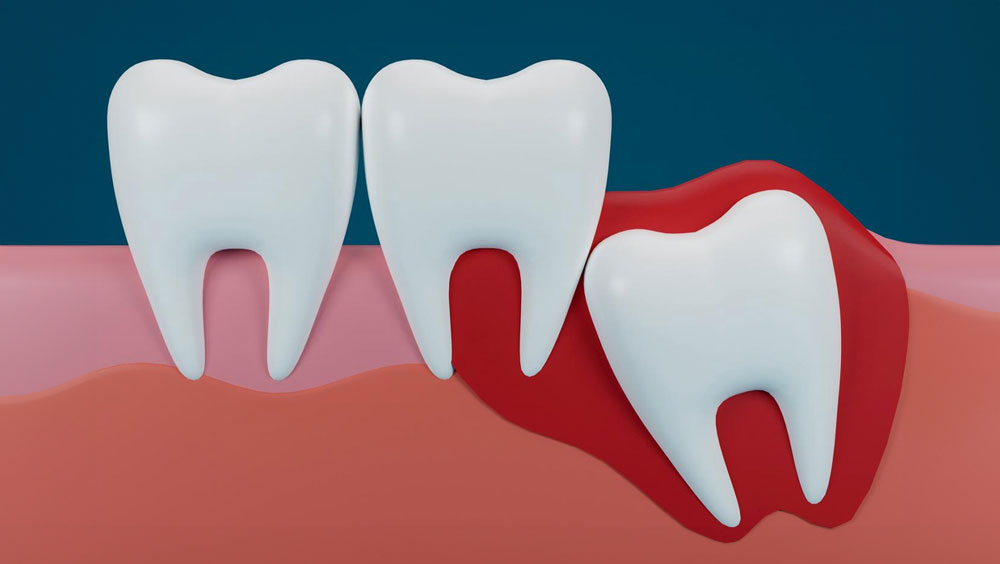Wisdom teeth, also known as third molars, usually emerge at a later stage in life compared to other teeth. Many individuals experience their wisdom teeth growing in during their late teens or early twenties. However, the timing can vary from person to person. Understanding when wisdom teeth come in and what to expect can help you prepare for any dental concerns that might arise.
What Age Does Wisdom Teeth Come In?
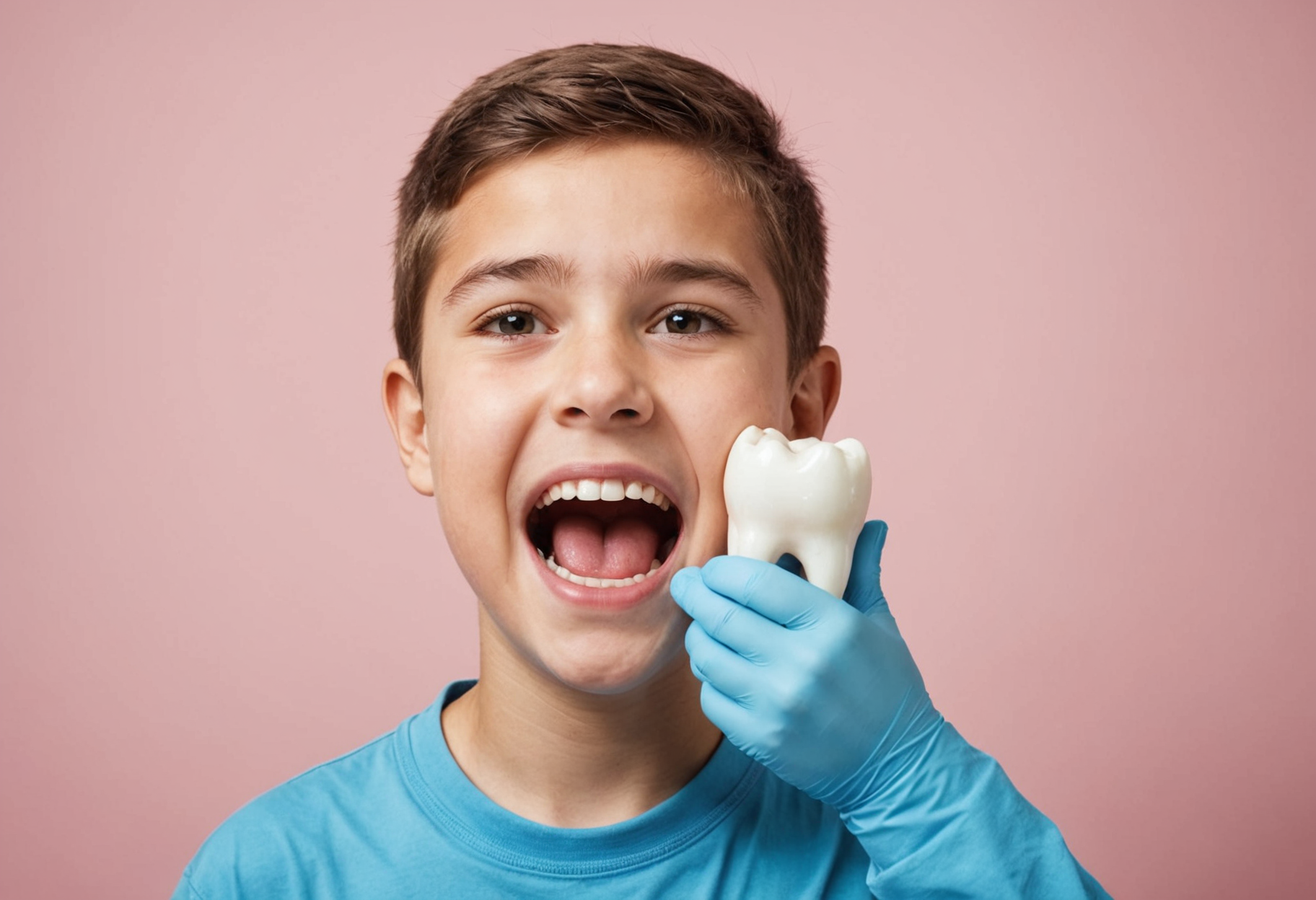
Wisdom teeth typically start to erupt between the ages of 17 and 25. Some people may notice them coming in earlier, while others might not see their wisdom teeth emerge until their mid-twenties. The exact timing depends on factors like genetics, jaw size, and overall dental health..
Why Do We Have Wisdom Teeth?
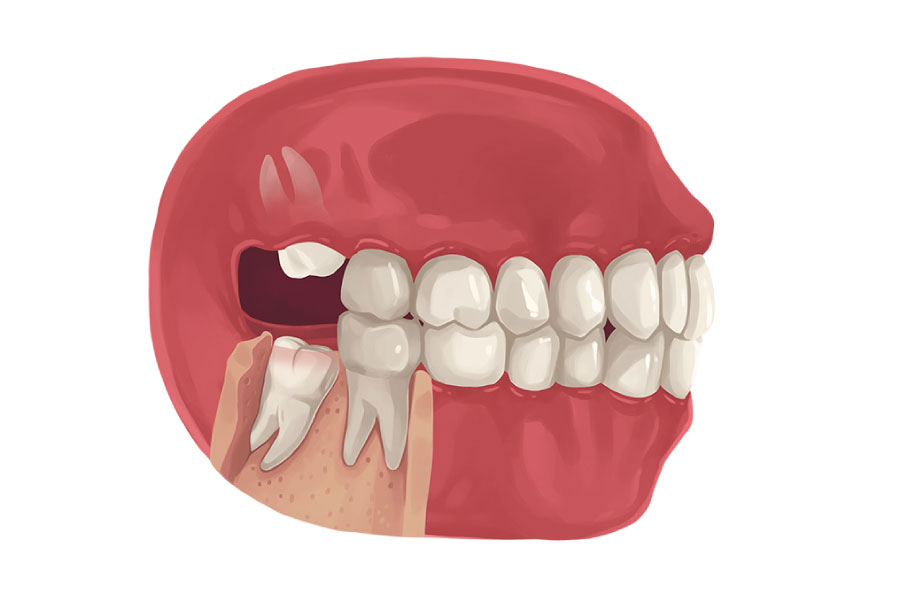
Wisdom teeth were essential for our ancestors, who had a diet that required extra molars for grinding tough foods. Today, due to softer diets and improved dental care, they are often unnecessary. As a result, many people experience issues when wisdom teeth emerge in a crowded or misaligned manner..
Signs That Your Wisdom Teeth Are Coming In
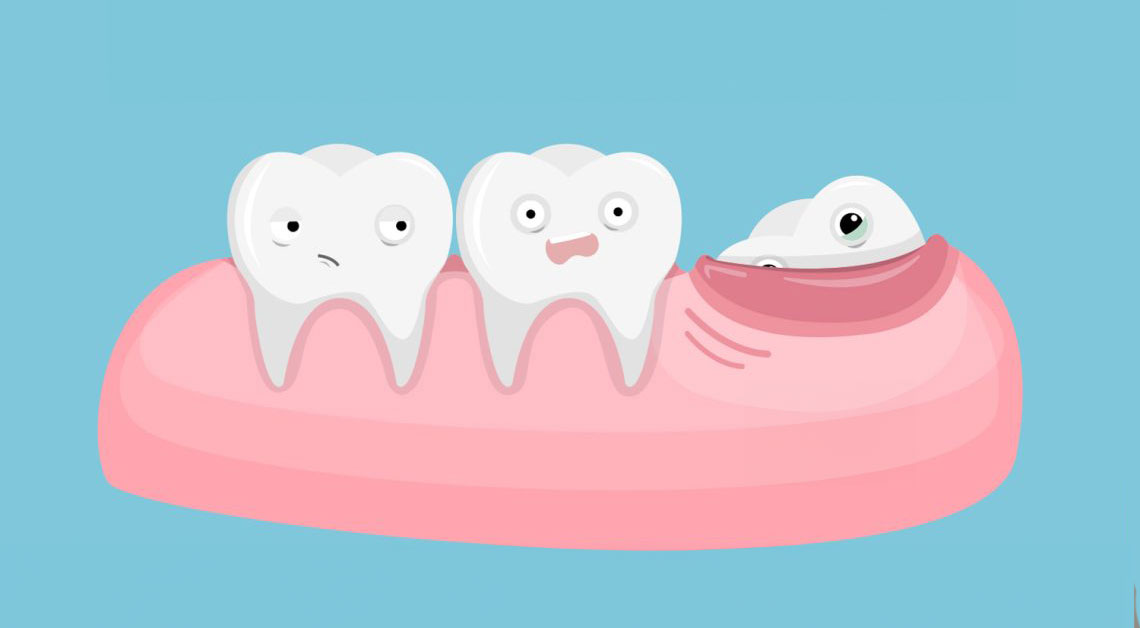
When your wisdom teeth begin to erupt, you may experience symptoms such as mild to severe jaw pain, swelling around the gums, difficulty opening your mouth fully, or tenderness in the back of your mouth. Some people might not feel any discomfort at all during their eruption..
What Happens If Wisdom Teeth Don’t Erupt?
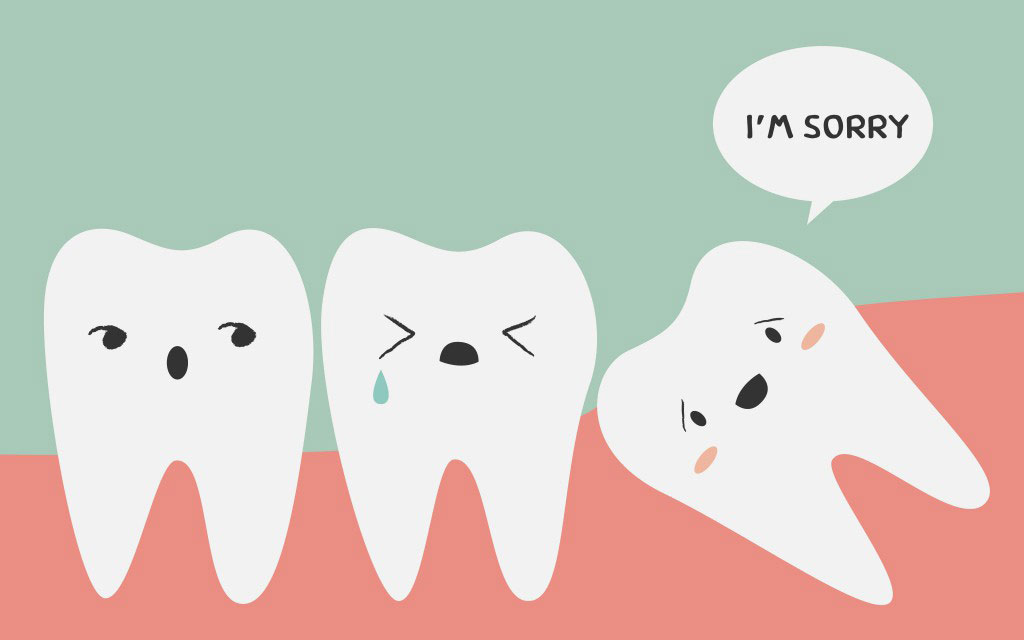
In some cases, wisdom teeth remain impacted, meaning they stay beneath the gums instead of breaking through. Impacted wisdom teeth can lead to pain, infections, and even damage to adjacent teeth. If this occurs, a dentist may recommend extraction to prevent complications..
Do All Wisdom Teeth Need to Be Removed?
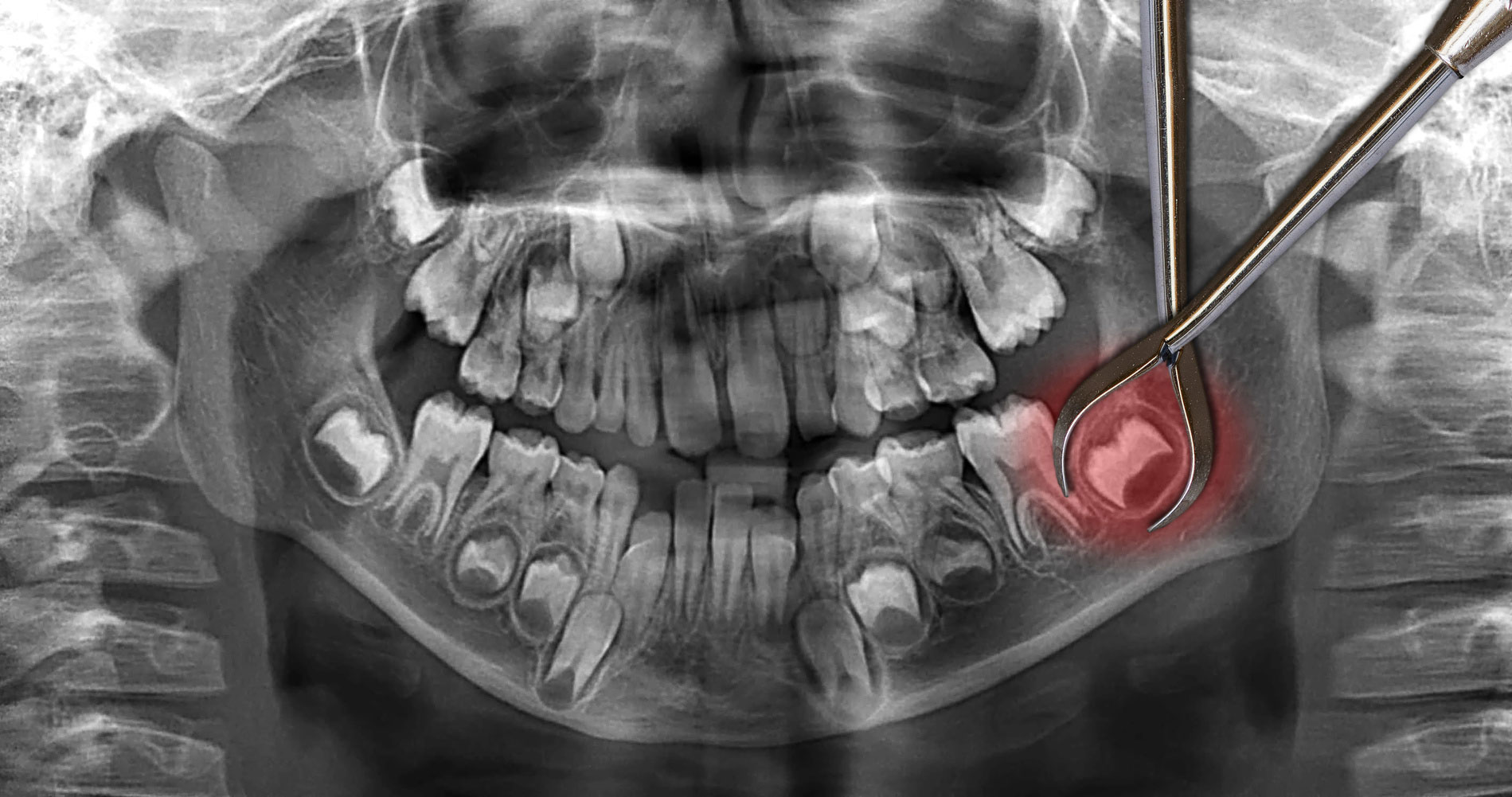
Not everyone needs their wisdom teeth removed. If they grow in properly aligned and do not cause pain or crowding, they can remain in place. However, regular dental check-ups are important to monitor their development and prevent potential future issues..
How to Manage Wisdom Teeth Pain
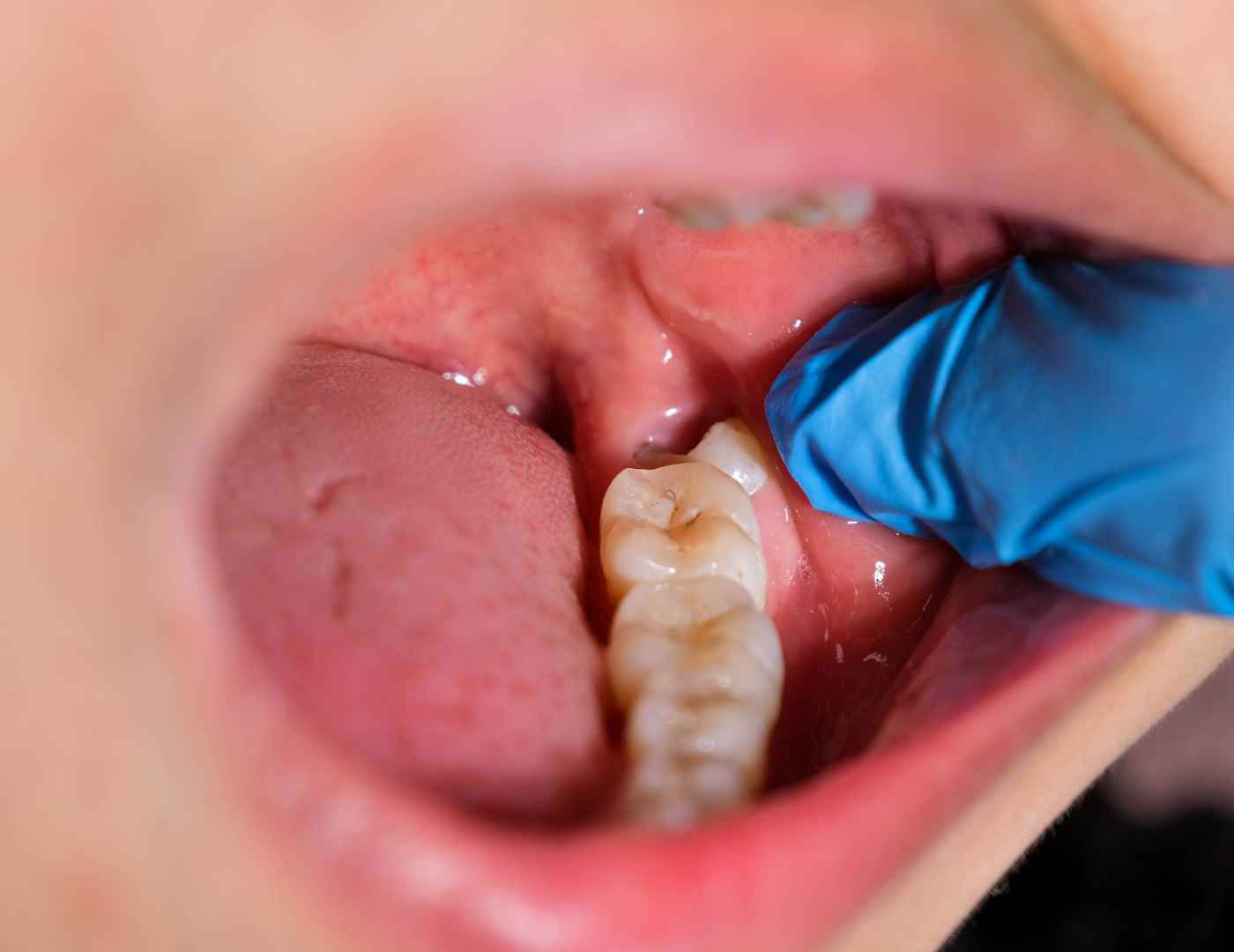
If your wisdom teeth are causing discomfort, try using over-the-counter pain relievers, applying an ice pack to reduce swelling, and rinsing your mouth with warm salt water. Visiting a dentist is the best way to determine if your wisdom teeth require further treatment..
Wisdom Teeth And Oral Health
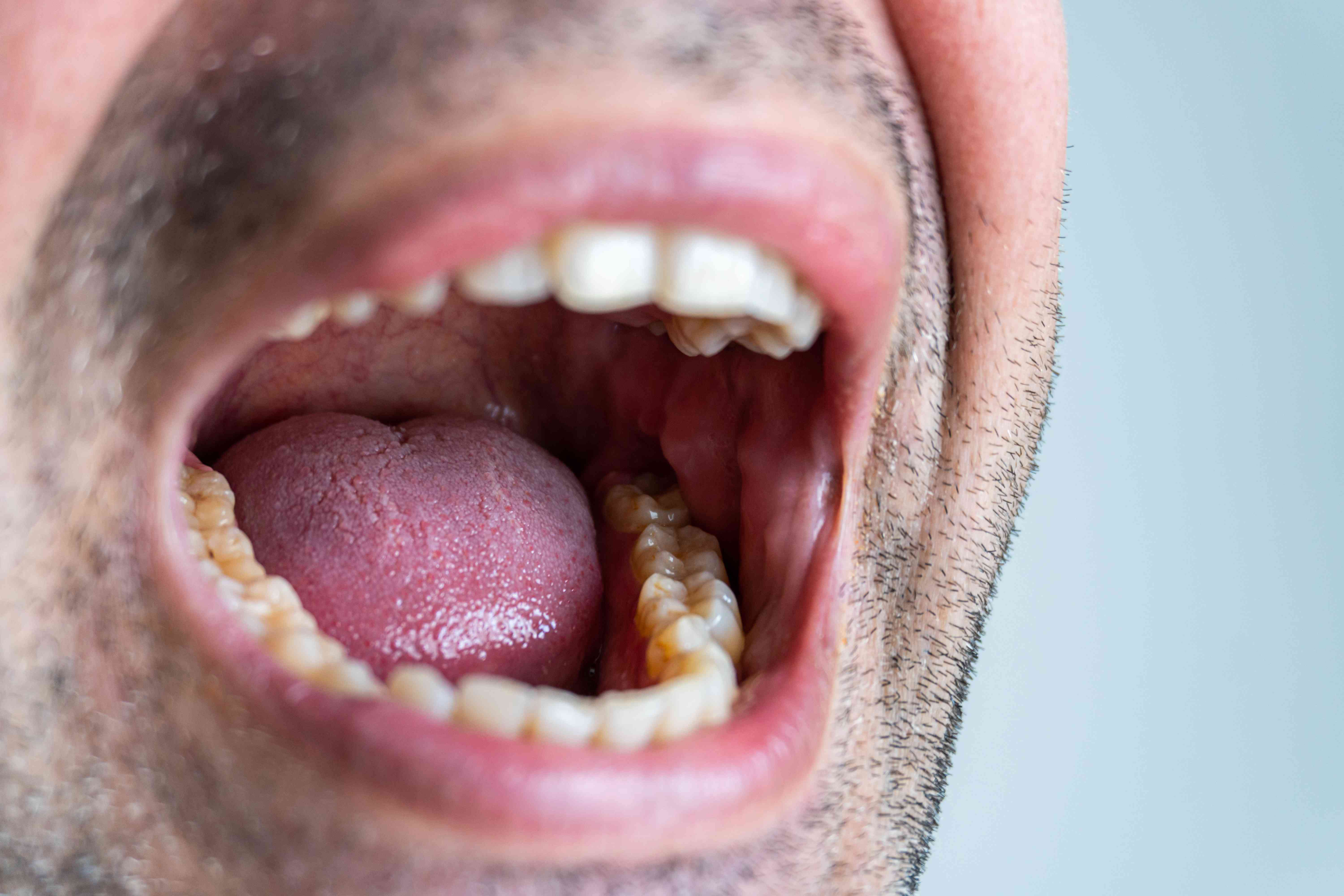
When wisdom teeth come in, they can be harder to clean because of their location in the back of the mouth. This can lead to problems like cavities and gum disease. Regular brushing, flossing, and dental check-ups can reduce the risk of oral health problems associated with wisdom teeth..
When To See A Dentist About Wisdom Teeth
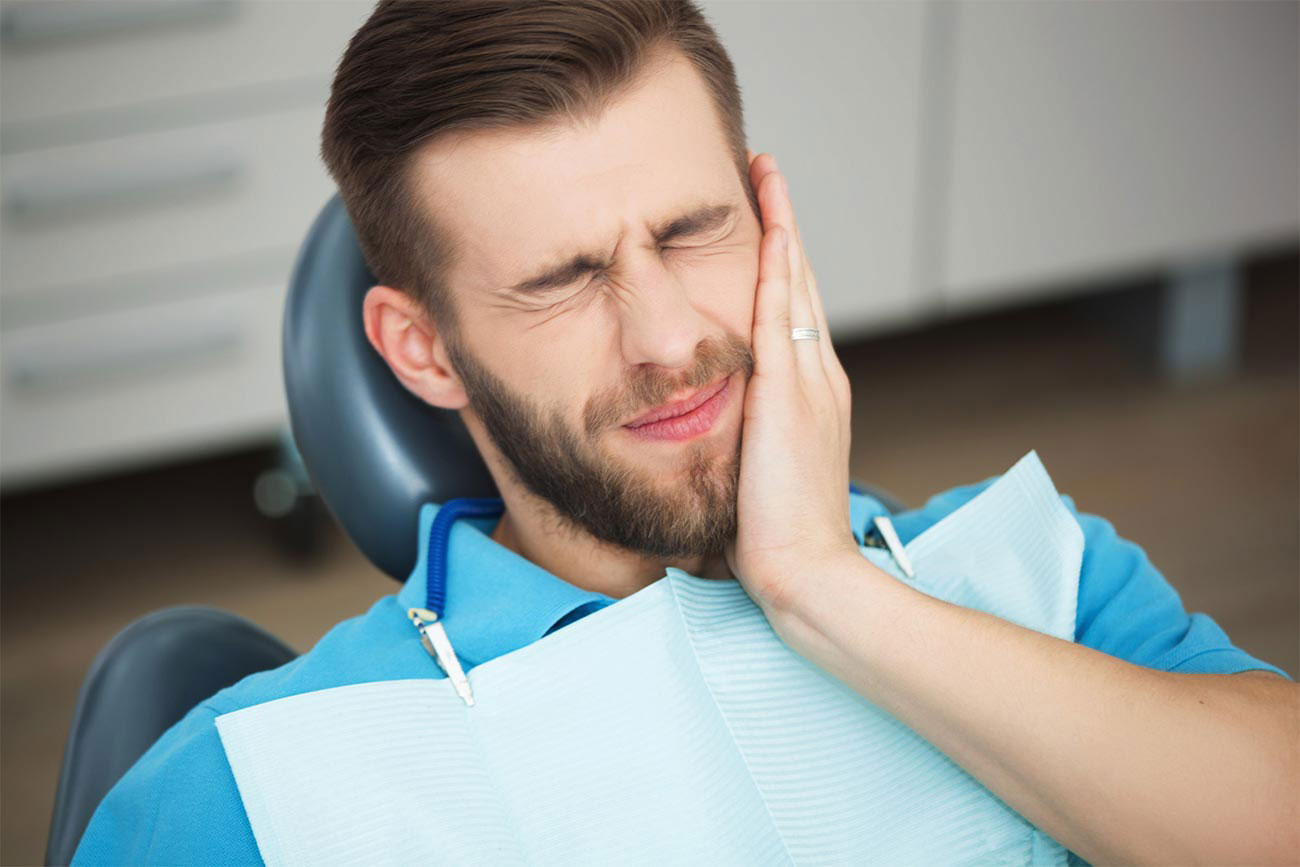
If you are experiencing persistent pain, swelling, or difficulty chewing, it’s best to consult a dentist. They can perform an X-ray to determine whether your wisdom teeth are coming in correctly or if removal is necessary..
Wisdom teeth typically emerge between ages 17 and 25, but not everyone experiences issues with them. Monitoring their growth and maintaining good oral health are key to preventing complications. If you experience pain or other symptoms, consult a dentist to determine the best course of action for your dental health.

